Nationalism is power hunger tempered by self deception
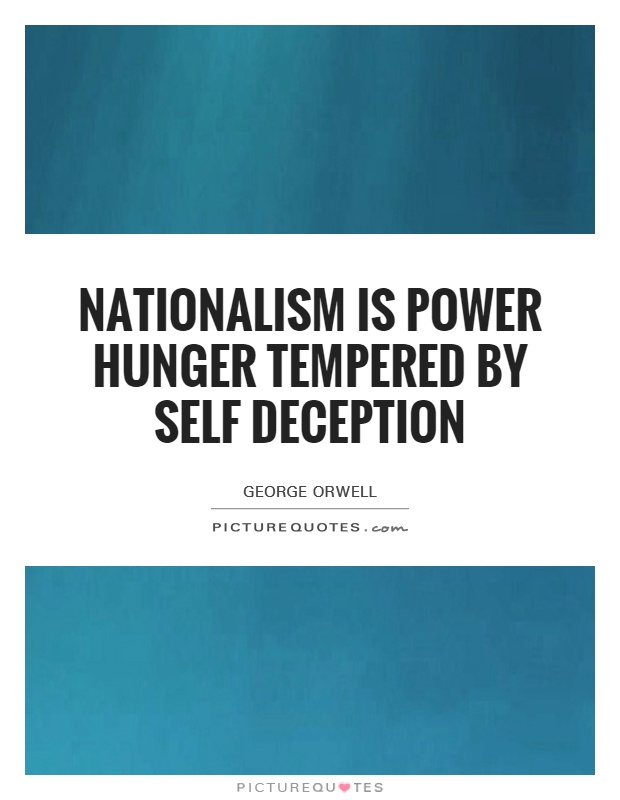
Nationalism is power hunger tempered by self deception
George Orwell, a renowned writer and political commentator, was no stranger to the concept of nationalism. In his works, Orwell often explored the dangers of blind patriotism and the ways in which it can be manipulated by those in power. One of his most famous quotes, “Nationalism is power hunger tempered by self-deception,” perfectly encapsulates his views on the subject.Orwell believed that nationalism, while it can be a powerful force for unity and solidarity, can also be a dangerous tool used by governments to manipulate and control their citizens. Nationalism, in Orwell’s eyes, is a form of power hunger – a desire for dominance and control over others. This hunger for power can lead to the suppression of dissenting voices, the demonization of outsiders, and the erosion of individual freedoms.
However, Orwell also recognized that nationalism is often fueled by self-deception. People are often willing to overlook the flaws and injustices of their own country in the name of patriotism. They may turn a blind eye to government corruption, human rights abuses, and other injustices, all in the name of defending their nation. This self-deception can be dangerous, as it allows those in power to manipulate and exploit the loyalty and trust of their citizens.
Orwell’s own experiences with nationalism, particularly during his time fighting in the Spanish Civil War, shaped his views on the subject. He witnessed firsthand the ways in which nationalism could be used to justify violence and oppression. In his novel “1984,” Orwell explores the dangers of unchecked nationalism, portraying a dystopian society in which the government uses propaganda and surveillance to maintain control over its citizens.

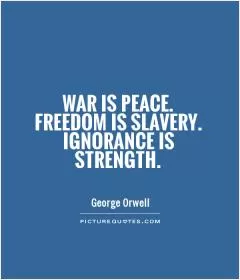
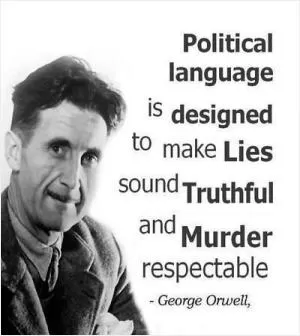
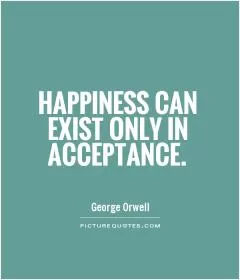

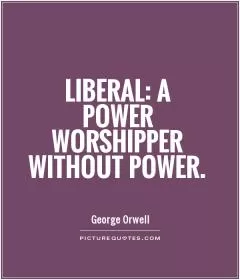
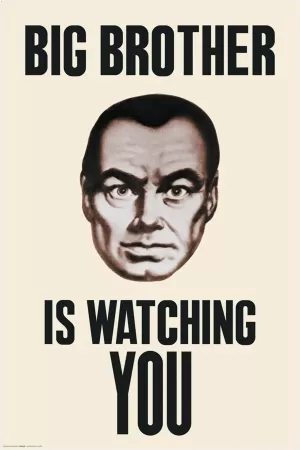
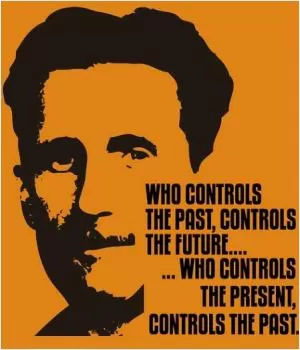
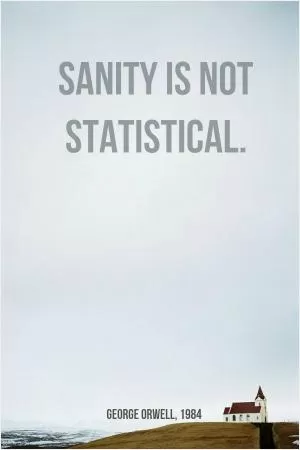

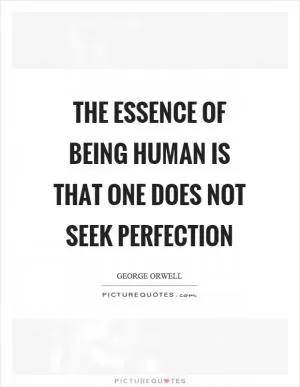

 Friendship Quotes
Friendship Quotes Love Quotes
Love Quotes Life Quotes
Life Quotes Funny Quotes
Funny Quotes Motivational Quotes
Motivational Quotes Inspirational Quotes
Inspirational Quotes